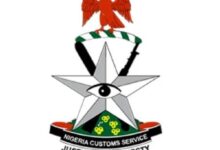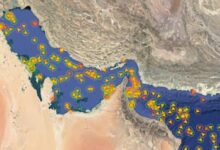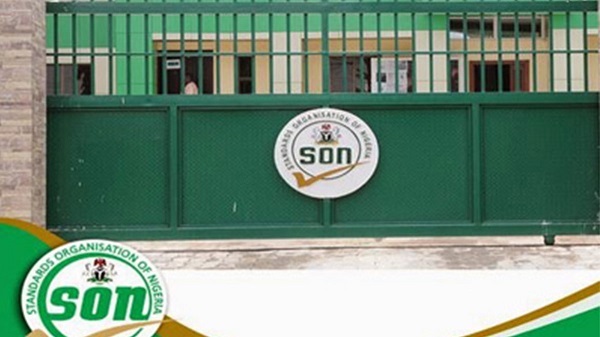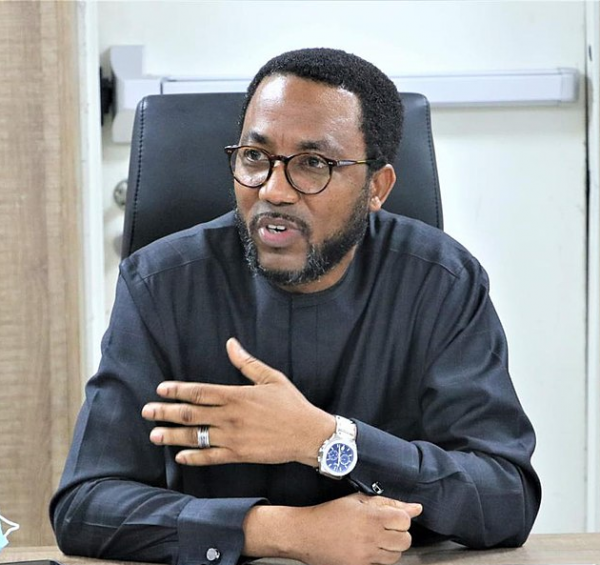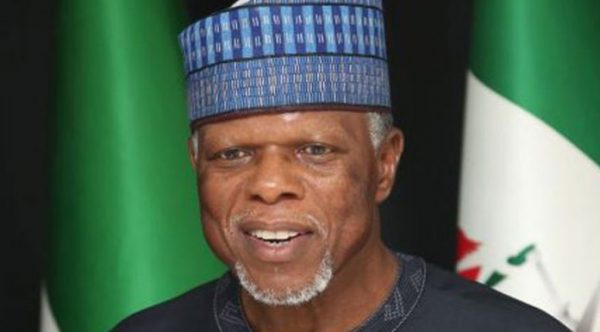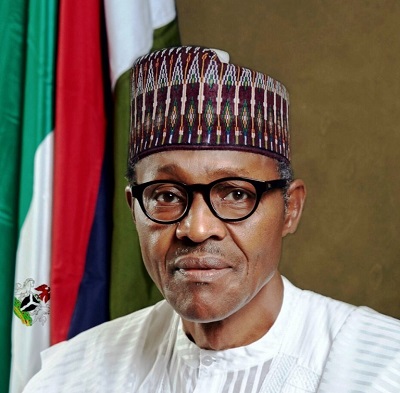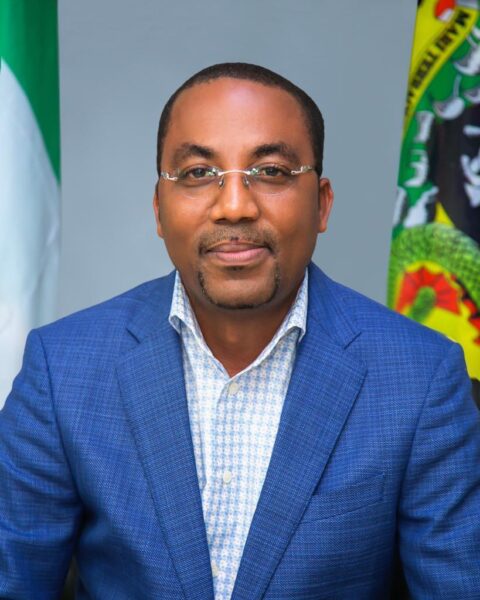How Nigeria, Singapore Deal to Revive National Fleet Status Failed

The bid by the federal government to start a national fleet with private investors collapsed because the Nigerian government stock to obsolete laws that the foreign partners felt will make it impossible to recoup their return.
The federal government had in August 2016 signed a Memorandum of Understanding (MOU) with a Singaporean firm, Pacific International Lines (PIL) to revive the national carrier/fleet status.
President of Ship Owners Association of Nigeria (SOAN), Greg Ogbeifun, who disclosed this to journalists ahead of the 2017 annual general meeting of SOAN, in Lagos, explained that Nigeria’s tax laws put the Singaporean firm off from the onset of the MoU agreement.
He stated that some of the laws and unreasonable charges by regulators have put many ship owners out of business, a situation that has led to the loss of thousands of jobs.
Also, he blamed the declining in the industry on the prevailing interest rate in the country and called on the federal government to take urgent steps to revive the industry “before it gets too late”.
Specifically, Ogbeifun said: “I was part of the delegation that went with the Minister of Transportation to Singapore in 2016 during the signing of the MoU. Along the line, after we had signed the MoU in Singapore with PIL, the company came up with issues as regards our local tax laws. “Firstly, PIL made reference to our local laws that will not make the agreement viable. And they put it in black and white that unless some of these laws are reviewed, it will be hard for them to fly the Nigerian flag. That was the biggest setback for that MoU.
“This is also affecting our crude oil tanker quest. We have to decide if we want these things to happen in Nigeria. Let’s review our laws, just like what Malta did. Malta turned around its maritime administration by reviewing its tax laws. Malta made its tax laws attractive for international participation, and today that country is the envy among maritime nations.”
He added: “What are we talking about? If you are an American, or a Briton or a Greek, and you decide to buy a crude oil tanker that will fly your country’s flag, the government has a law that allows you to bring in your tanker into your country on zero duty payment.
“In Nigeria, if you are bringing in a canoe, a tugboat, speedboat or a tanker, the sum total of the importation cost that you will pay is about 14 per cent. So if you buy a crude oil tanker for $100m dollars, if you take it to America, you will pay zero duty as long as it is carrying an American flag, same in the United Kingdom and Greece. But if you bring it to Nigeria, you will pay N14million even when it is flying Nigerian flag.
“Again, you have to remember that Nigerian flagged tankers will be competing with foreign flagged tankers in the same market, so automatically, the Nigerian flagged tanker is already disadvantaged. That is one reason PIL slowed down on the MoU it signed with the Nigerian government. PIL put it in writing that unless these tax laws are reviewed, it won’t be able to fly the Nigerian flag.”
On the forthcoming AGM, Ogbeifun explained that the Edo State Governor, Godwin Obaseki and the Minister of Transportation, Rotimi Amaechi have already signified intention of gracing the associations end of the year get together dinner come December 7th.
“SOAN AGM/Dinner is for all ship-owners. We have even sent an invite to the Nigerian Ship-owner’s Association (NISA). We are also reaching out to other ship-owners that don’t belong to any associations. This year, we have decided to have a workshop so that our outing won’t just be a social event, but an intellectual one that will address critical issues that we think the industry needs for its survival.
“The workshop is expected to bring together all shipowners, policymakers, industry players and business leaders. The theme this year is “Giving critical lifeline to the Nigerian Maritime industry,” Ogbeifun stated.
Copyright MMS Plus.
All rights reserved. This material, and other digital content on this website, may not be reproduced, published, broadcast, rewritten or redistributed in whole or in part without prior express written permission from KINGS COMMUNICATIONS LIMITED.





